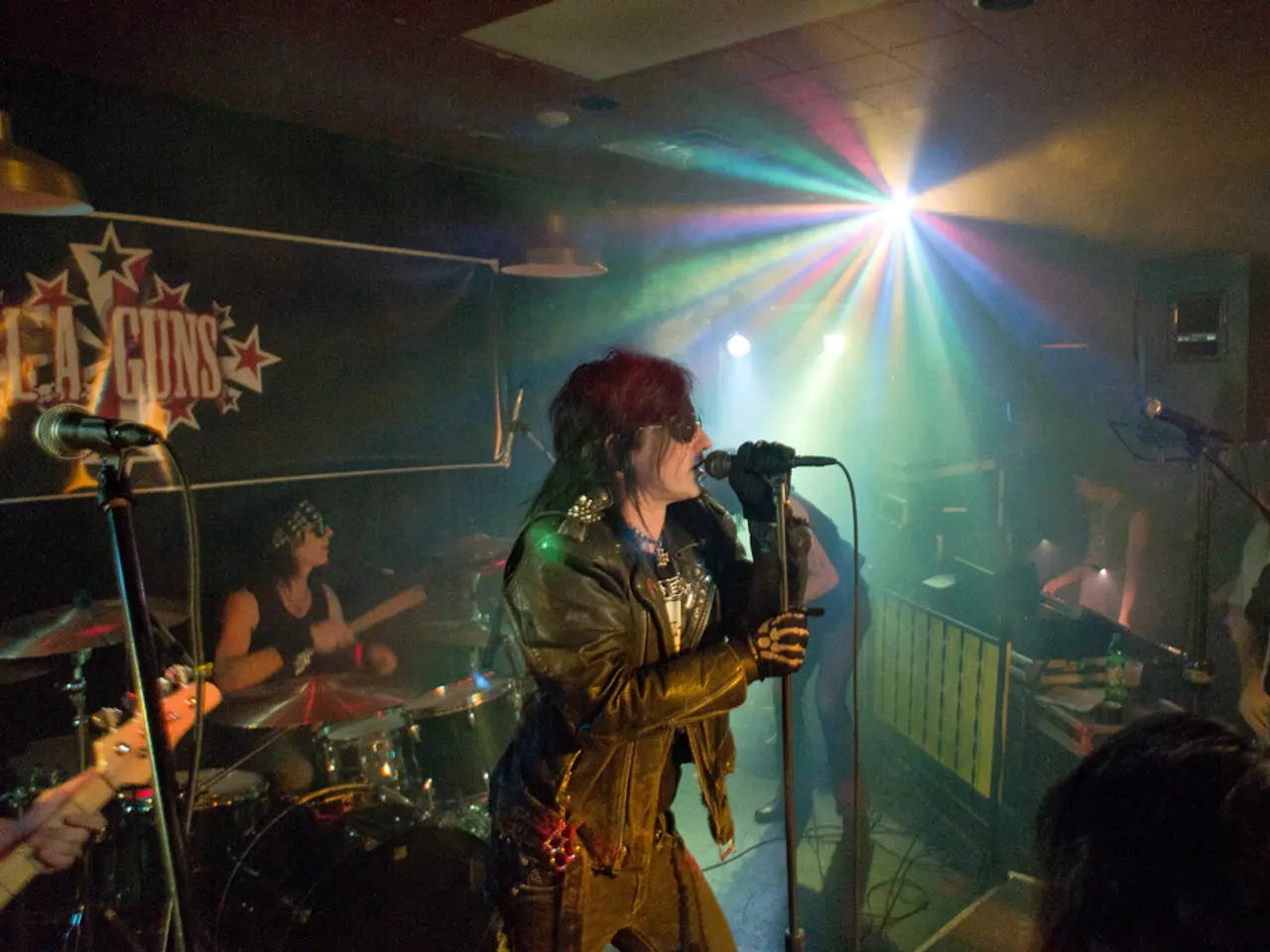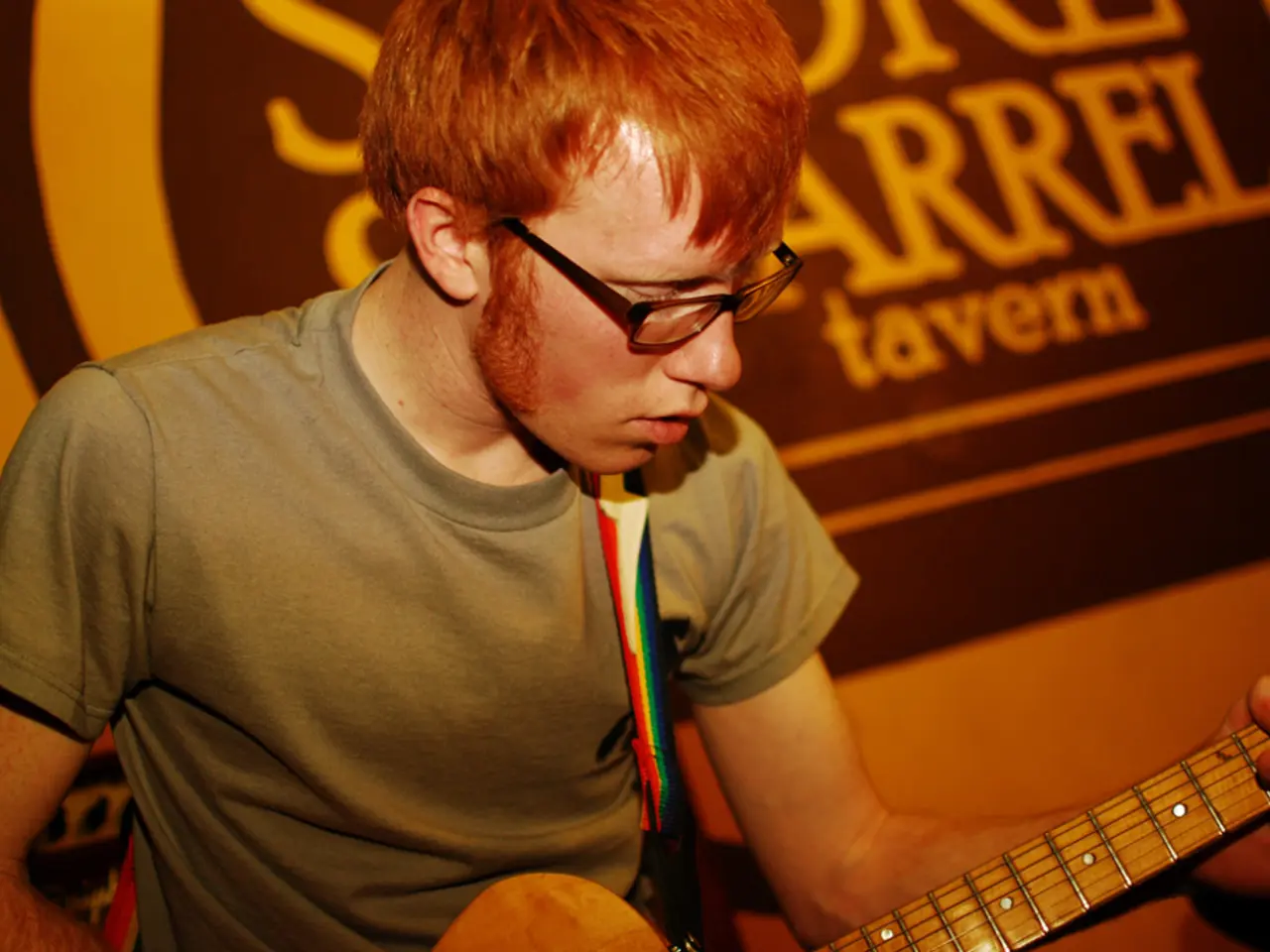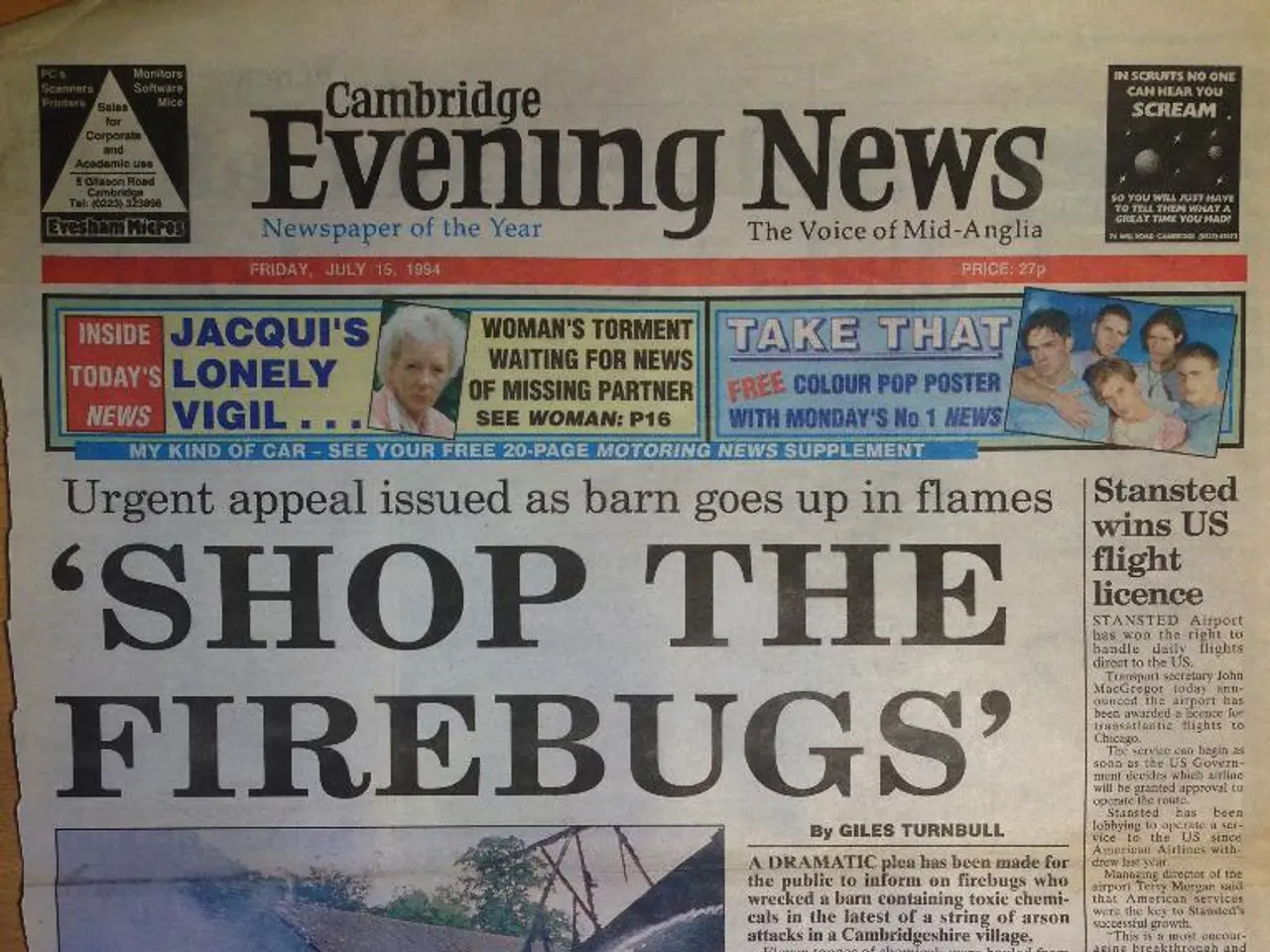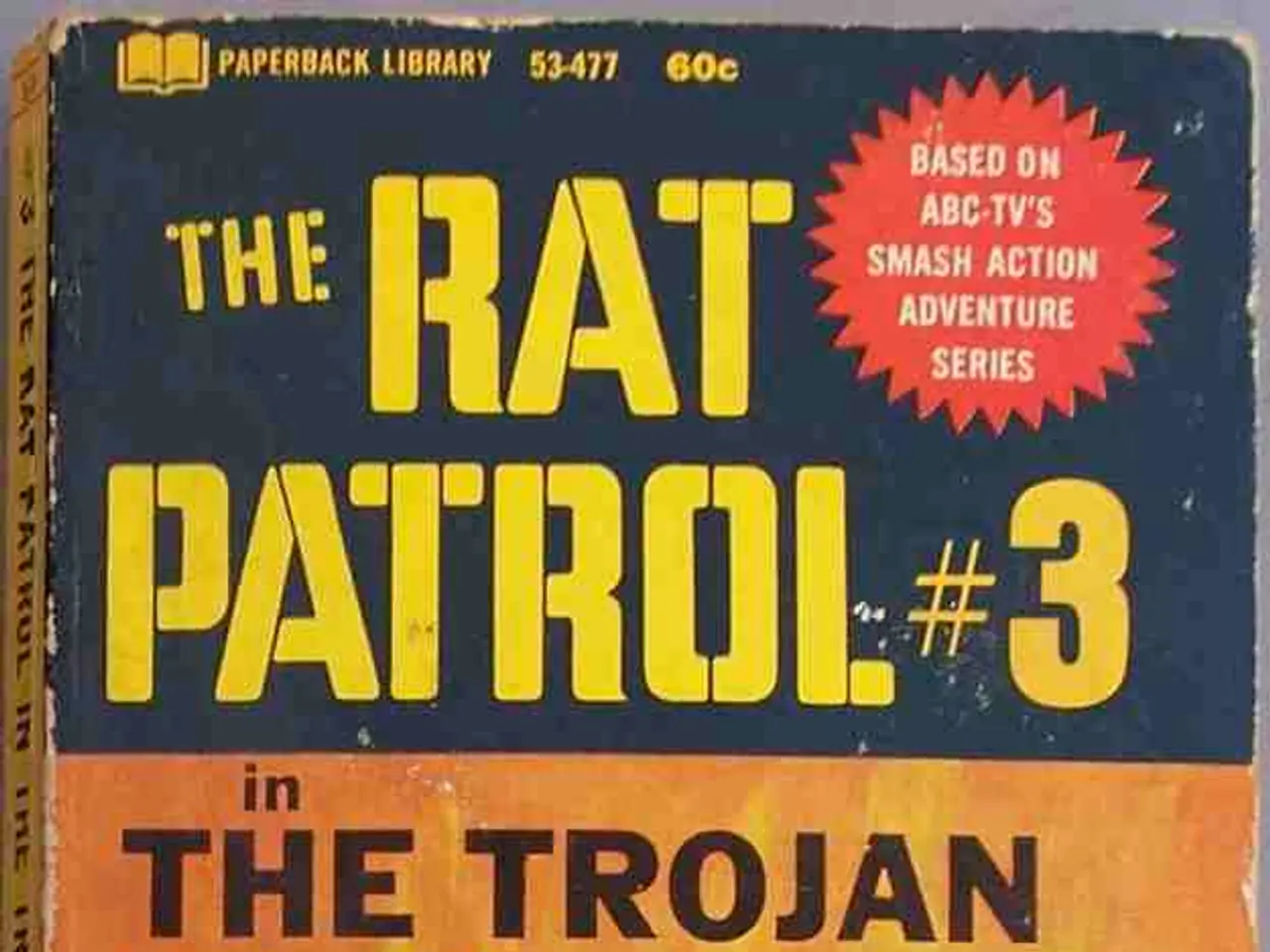Essential's Latest Update: The New Wave
New wave music, a post-punk genre that emerged in the late 1970s, revolutionised the music industry with its unique blend of punk energy, pop sensibilities, electronic experimentation, and art-rock influences. This genre, characterised by its bold, progressive, and unconventional attitude, played a significant role in shaping the course of pop, rock, and punk music.
Key figures like Depeche Mode, Blondie, and Talking Heads were at the forefront of this movement. Depeche Mode, pioneers of synth-pop, combined synths and guitar riffs to create an arena-rock style that not only influenced pop and electronic music but also paved the way for subsequent genres, including industrial and alternative rock.
Talking Heads, initially "art-school punks," evolved into one of the defining bands of the late 70s and 80s post-punk and new wave. Their sound, a fusion of funk, worldbeat, and experimental pop, broadened rock's cultural and rhythmic palette, particularly through albums like Remain in Light which integrated African rhythms and Afrobeat into Western pop.
Blondie, on the other hand, fused punk rock with pop and disco, helping new wave reach mainstream audiences through catchy hooks and a strong visual style. Their success, supported by growing channels like MTV, played a vital role in popularising new wave bands.
New wave's impact is far-reaching. It bridged punk’s rawness with pop accessibility, creating a commercially viable yet artistically rich hybrid that influenced mainstream music throughout the 1980s and beyond. The genre also popularised synthesizers and electronic instruments in rock and pop, catalysing genres like synth-pop, electronic rock, and influencing the development of alternative and indie music scenes.
Moreover, new wave expanded stylistic boundaries by incorporating diverse influences ranging from funk and disco to world music, art, and performance. This enrichment of the sonic and cultural landscape of popular music continues to resonate today.
The genre's visual and artistic emphasis, partly propelled by MTV, helped shape modern music marketing and presentation, making image and video integral to a band’s identity.
New wave's fusion of punk's edge with innovative sounds and styles left a lasting legacy on the trajectory of pop, rock, and punk music, continuing to inspire contemporary artists and subgenres well into the 21st century.
In recent years, we have seen a resurgence of new wave influences in the music of bands like MGMT, who have been unleashing new-wave tinted grooves taking a cue from 80s electro. Similarly, Nation of Language's album A Way Forward draws influence from New Order and OMD, creating a modern take on 80s synth-pop. Future Islands shape a melancholic synth-pop sound reminiscent of New Order or OMD, while Allie X heavily draws inspiration from new wave and 80's electro-pop moments tinged with Soviet darkwave.
The legacy of new wave continues to echo, its impact felt in the music that continues to be created today.
Entertainment and music intertwine remarkably in the genre of new wave, as shown by bands like Depeche Mode, Talking Heads, and Blondie. Depeche Mode pioneered synth-pop, merging synths and guitar riffs to form an arena-rock style that significantly impacted pop and electronic music, launching subsequent genres such as industrial and alternative rock.






